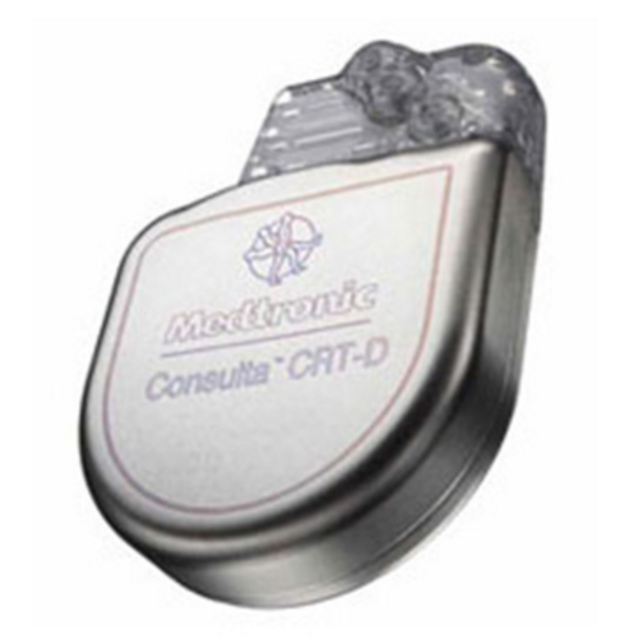 Weekly remote monitoring of patients with heart failure who have cardiac implantable electronic devices doesn’t appear to help them fare better, new research shows. In two studies by researchers at the Royal Brompton Hospital/Imperial College London, there wasn’t an improvement in all-cause mortality rates nor did cardiovascular hospitalization rates improve. Moreover, both studies found those who were remotely monitored had similar outcomes compared to those whose devices were monitored during in-clinic visits.
Weekly remote monitoring of patients with heart failure who have cardiac implantable electronic devices doesn’t appear to help them fare better, new research shows. In two studies by researchers at the Royal Brompton Hospital/Imperial College London, there wasn’t an improvement in all-cause mortality rates nor did cardiovascular hospitalization rates improve. Moreover, both studies found those who were remotely monitored had similar outcomes compared to those whose devices were monitored during in-clinic visits.
The study, “Remote Management of Heart Failure Using Implantable Electronic Devices,” was presented at the European Society of Cardiology Congress in Rome, the American College of Cardiology reports. It looked at 1,650 heart failure patients, who had a mean age of 70 years old, from nine British hospitals over a period of 2.8 years.
Each participant had one of three types of implantable cardiac device, and were randomized to receive either usual care (three to six remote monitoring per month, plus usual clinic services) or weekly remote monitoring. The devices from the weekly monitored patients automatically downloaded data on a weekly basis and sent it to their healthcare provider, with the goal of informing discussions around medication, lifestyle behavior and the need for additional visits.
Death from any cause or an unplanned hospitalization for cardiovascular reasons marked the primary end of the study. Secondary endpoints included death from any cause, cardiovascular-related death, and unplanned hospitalizations. Overall results showed no significant difference between the groups in the primary end point: 42.4 percent in the remotely monitored group, 40.8 percent in the usual care group. Secondary endpoints rates were also similar across both groups.
In the other study, 900 patients with an implanted cardiac defibrillator that had wireless capabilities were split into groups within eight weeks of getting the device put in. Some with weekly, remote monitoring and in-office visits, some completely in-office. After the median follow-up of two years, there was no significant difference in the primary endpoints of death or hospitalization.
Dr. Martin R. Cowie, the co-principal investigator of the study said the results do not support the routine use of remote monitoring in management of patients with implantable electronic cardiac devices.
“The assumption that ‘more data improves outcomes’ is not true,” he stated. “If patients are well-treated already, and have well-controlled symptoms, looking at remotely collected data weekly is no better than usual care.”
However, the study did show a small bright spot: the 41 percent reduction of in-office visits saved money.
“There may be a valid reason for implementing remote monitoring despite the lack of impact on hard clinical outcomes,” lead investigator Dr. Giusseppe Boriani said.

















